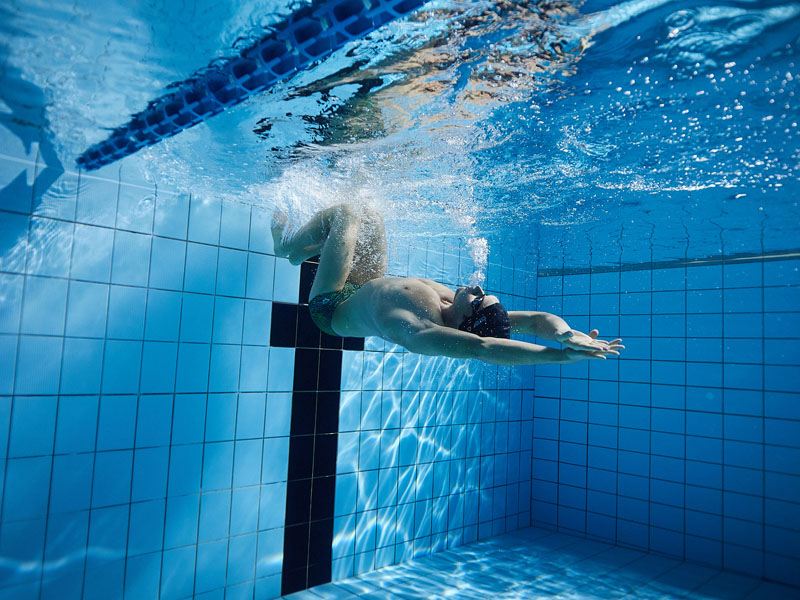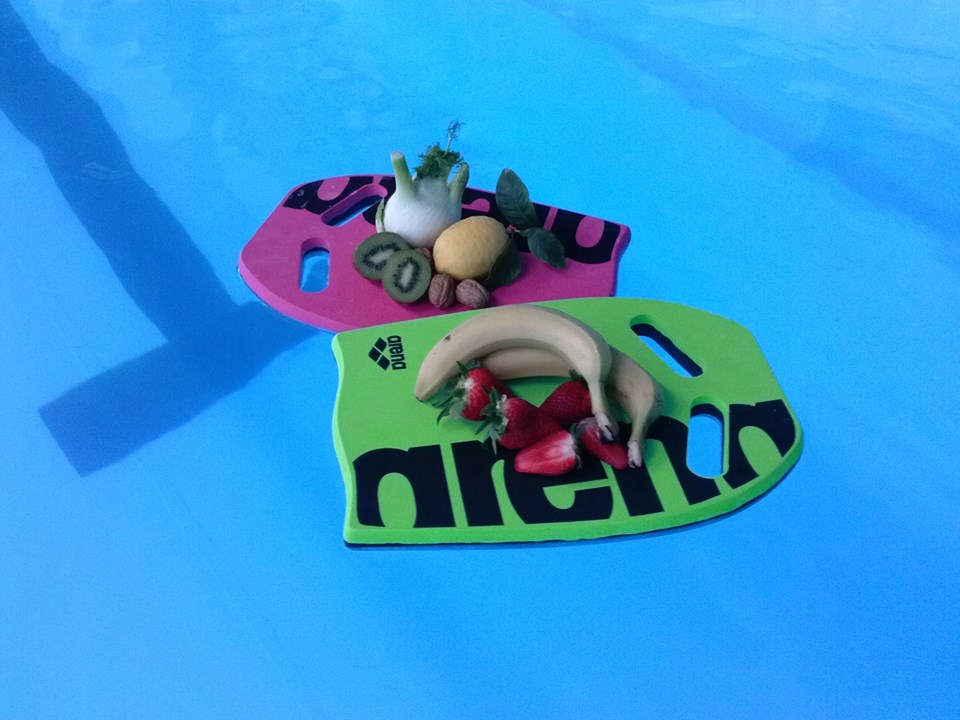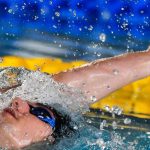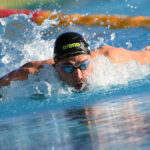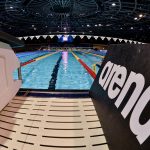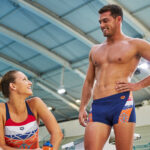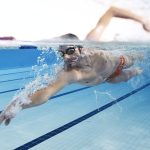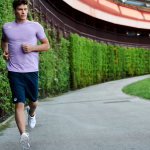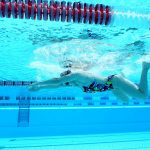What to Eat Before Swimming, No Matter When You Train
Swimmers have a special relationship with food. Generally speaking, it’s never a good idea to take a swimmer out for a meal because you’ll be stuck with a huge bill. From Olympic-level competitive swimmers to amateurs, all that training works up a healthy appetite. Many athletes indulge in carb-laden meals and generous portion sizes, knowing they’ll be burning off those calories in the pool.
Regular swimmers may get used to eating fatty foods and high-carbohydrate meals thanks to the weight loss that naturally comes with regular intensive cardio workouts. Often, former swimmers who have not been to the pool in years find themselves putting on weight as they continue their pre-swim diets.
In this article, we’ll discuss the food groups you should choose from before your swim sessions and share some basic nutritional advice. Also, since we all have busy lives with jobs that may get in the way of our swim time, we’ll provide insight into what to eat before swimming, no matter what time of day you’re training.
So, let’s take a closer look at the relationship between food and swimming.
What to Eat Before Swimming: The Analogy
Today we’re going to look at a key issue that is often ignored: what to eat before swimming.
Why is it so important to eat before you swim? Think of your body as an engine, just like the one in your car. What would happen if you forgot to put fuel into your car? It would soon grind to a halt, or maybe it wouldn’t even start up. But it’s not just about having any fuel. Without the right fuel, your car’s engine wouldn’t run properly, and it could be in danger of breaking down.
Your body works the same way as a car’s engine. Without any food to fuel you or with the wrong food, your training will be spoiled. Before you even begin to swim, you have to consider how eating the wrong foods may cause problems, such as indigestion.
Unlike machines, human beings have a third problem to take into account: the timing of “fueling.” Eating too soon will leave you feeling like you’re running on empty during training, while eating too late is likely to cause stomach problems. And because the digestive process requires so much energy, it’s best to give your body time to process your food so that all your energy can be channeled into training.
What to Eat Before Swimming: The Basics
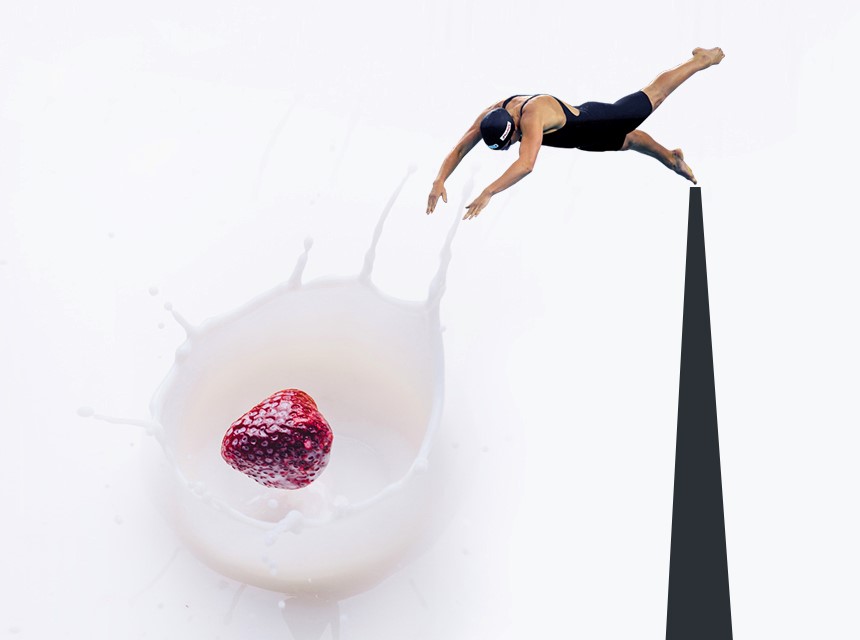
So, from a nutritionist’s viewpoint, what are the best foods to eat before training?
Carbohydrates should be the primary source of a swimmer’s energy to help provide a steady supply of glycogen to fuel the body. This should be combined with moderate amounts of lean proteins and healthy fats.
Advocates of the keto diet are appearing in the swimming community, but not all dietitians are convinced. Some say that this extremely low-carb food choice can leave athletes feeling less energized for high-intensity training or competition.
As we mentioned earlier, timing is a key concern when it comes to what you eat pre-swim. We’ll soon give you some tips about the times of day when people usually train: morning, lunchtime, early afternoon, late afternoon or early evening.
First, however, here is a piece of advice: Do not radically change your eating habits. For example, if you never drink milk at breakfast, don’t begin doing so just because you’ve read that it’s a good idea. Or, if you’ve found that intermittent fasting has improved your energy levels, keep training on an empty stomach. Make adjustments that stay close to your normal eating habits, and don’t make sudden changes to your diet or training.
Knowing what to eat pre- and post-swim is essential for good performance, but what you ingest during your swims is important, too. Swimming pools are obviously full of water, so you won’t see a clear indication of how much you sweat during your training sessions. Don’t let this create a false sense of security about your hydration. Always keep a water bottle poolside to stay hydrated during your swim.
What to Eat Before a Morning Session
Many swimmers skip breakfast and only eat after training. Training while fasting isn’t for everyone though. It may suit you better to eat at least a small amount both before entering the water and after your swim — these post-swim meals are known as recovery foods). At least one hour pre-swim, you could eat:
- Two or three rusk-style biscuits or bread and jam and peanut butter
- One glass of milk with a teaspoon of cocoa powder or one cup of Italian coffee
or
- One cup of warm milk with a handful of cereal
or
- One slice of toast
- One glass of fresh orange juice
These high-carb snacks are perfect for providing the energy you’ll need for a successful training session.
What to Eat Before a Lunchtime or Early Afternoon Session
Lunchtime and after work are popular times for swim training sessions, but many swimmers have to deal with the time crunch of rushing from work to the pool. Obviously, you cannot have lunch or dinner and go swimming immediately after, so it’s crucial to have a snack at least one or one-and-a-half hours before training. Try eating a light snack, like:
- One piece of toast
- One piece of fruit
or
- One yogurt with whole-grain cereal
- One piece of fruit
Choose fruits or whole grains so your body can convert these carbohydrates into glycogen and keep you going during your training.
What to Eat Before a Late Afternoon or Evening Session
If you’re training several hours after your workday ends, you’ll probably have time to eat a full-sized meal. Just remember your timing and make sure you eat at least one-and-a-half to two hours before training.
A nice bowl of pasta served with sauce will provide more than enough fuel for swimming (just avoid heavy seasoning so as not to upset your stomach). Whatever you choose, make sure that you keep your meals clean and centered around carbohydrates with a small mix of healthy fats and proteins. For example, opt for lean chicken breast, rice, and avocado rather than chicken wings and a side of fries.
Boost Your Training With the Right Fuel
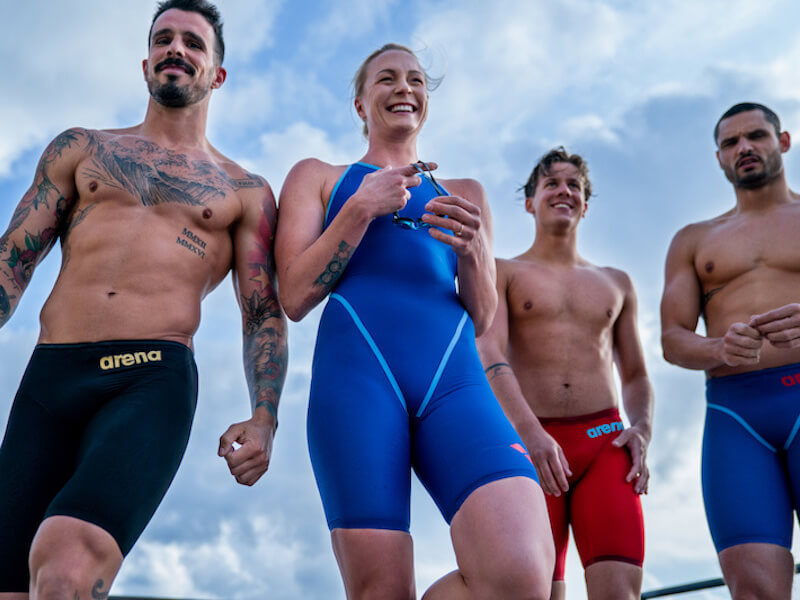
Making sure that you eat the right foods before your swims can greatly benefit your training. A healthy, small meal made up of the right foods can give you the energy levels you need to really push for those PRs without weighing you down or upsetting your system.
Remember to listen to your body and avoid drastic changes to your food choices. Be wary of diets that drastically overhaul your eating habits, such as keto and intermittent fasting, especially when competition season is looming. It’s best for most swimmers to eat something pre-swim and stick to a meal with carbohydrates as the primary macronutrient.
Eating the right food can help you make gains in the swimming pool — so can the right equipment and swimwear. Have a look at arena’s online store for a wide range of fashionable and functional products that swimmers around the world use every day.
Written by:
arena coaches
Swim coaches, trainers and experts will give you all kinds of tips for performing at your best in both training and races.
